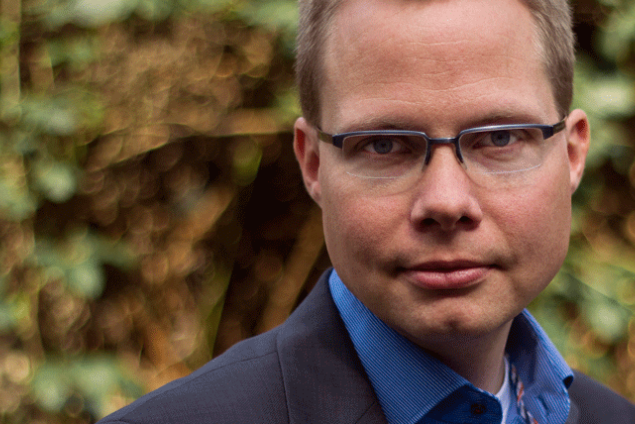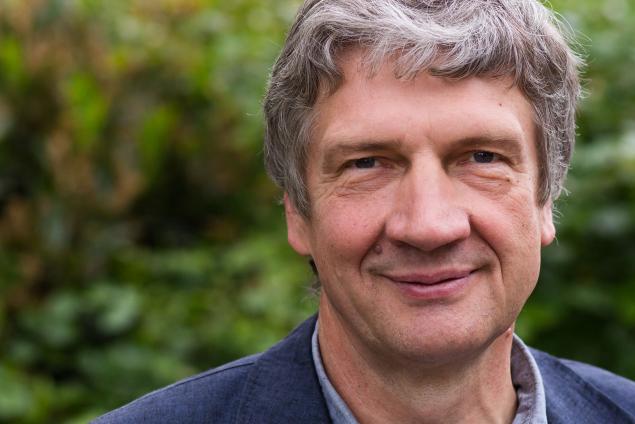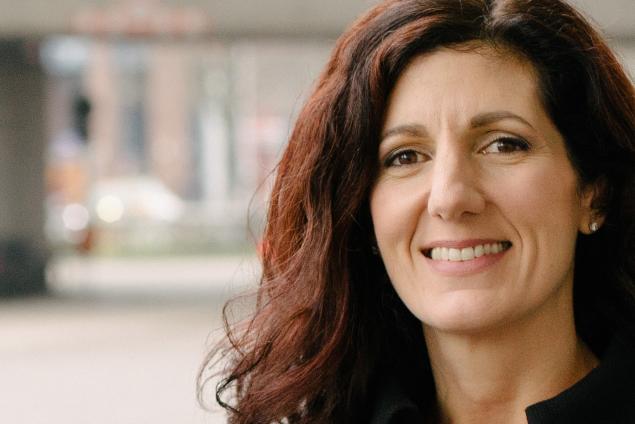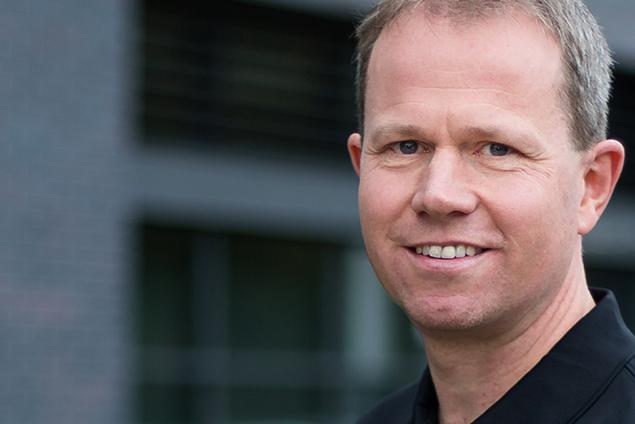Scroll to Section:
Multicellular organisms first took their place in the evolutionary chain some 450 million years ago. In this video, THOMAS BOSCH seeks to extend our understanding of how human and animal bodies function via analysis of these ancient creatures. Focusing on the freshwater polyp Hydra and employing techniques including molecular cell biology, modern sequencing technology and in depth study of stem cell behavior, Bosch argues that what were heretofore considered ancient simple creatures, are, in fact, decidedly complex. Providing important new insight into the microbial world, Bosch’s work underlines the fact that all life is multiorganismic, raising fundamental philosophical questions about how we define individuality.
DOI:
https://doi.org/10.21036/LTPUB10732
Institution
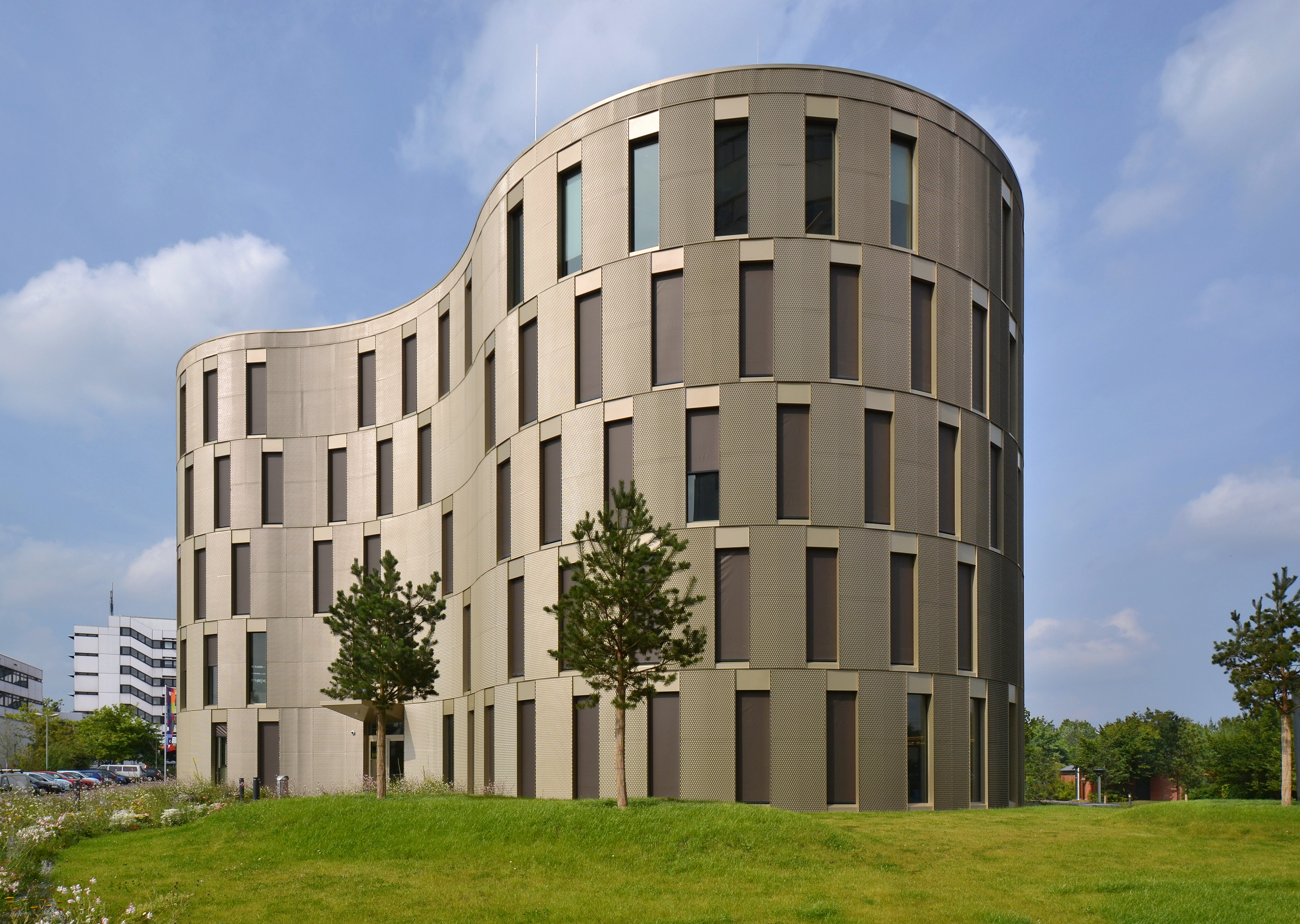
Collaborative Research Center 1182 „Origin and Function of Metaorganisms“ (Kiel University)
From protists to humans, all animals and plants are inhabited by microbial organisms. There is an increasing appreciation that these resident microbes influence fitness of their plant and animal hosts, ultimately forming a metaorganism consisting of a uni- or multicellular host and a community of associated microorganisms.
Research on host-microbe interactions has become an emerging cross-disciplinary field. In both vertebrates as well as invertebrates a complex microbiome confers immunological, metabolic and behavioural benefits; its disturbance can contribute to the development of disease states. However, the molecular and cellular mechanisms controlling interactions within the metaorganisms are poorly understood and many key interactions between the associated organisms remain unknown.
The CRC 1182 at Kiel University adresses theses questions particularly by investigating:
· the specific functional consequences of the interactions,
· the underlying regulatory principles,
· the resulting impact on host life history and evolutionary fitness in selected host systems. ( https://www.metaorganism-research.com/ )
Show more
Original publication
Rethinking the Role of the Nervous System: Lessons from the Hydra Holobiont
BioEssays
Published in 2018
How the Microbiome Challenges our Concept of Self
PLoS Biology
Published in 2018
A Secreted Antibacterial Neuropeptide Shapes the Microbiome of Hydra
Nature Communications
Published in 2017
Back to the Basics: Cnidarians Start to Fire
Trends in Neurosciences
Published in 2017
The Holobiont Imperative - Perspectives from Early Emerging Animals
Published in 2016Reading recommendations
Grow With the Challenge – Microbial Effects on Epithelial Proliferation, Carcinogenesis, and Cancer Therapy
Frontiers in Microbiology
Published in 2018
Rethinking the Role of Immunity: Lessons from Hydra
Trends in Immunology
Published in 2014
Animals in a Bacterial World, a New Imperative For the Life Sciences
Proceedings of the National Academy of Sciences
Published in 2013
Beyond
A Ground-breaking Scientific Revolution
An Alarming Challenge for Society
If I Had a Second Life
A Personal Reading Recommendation
